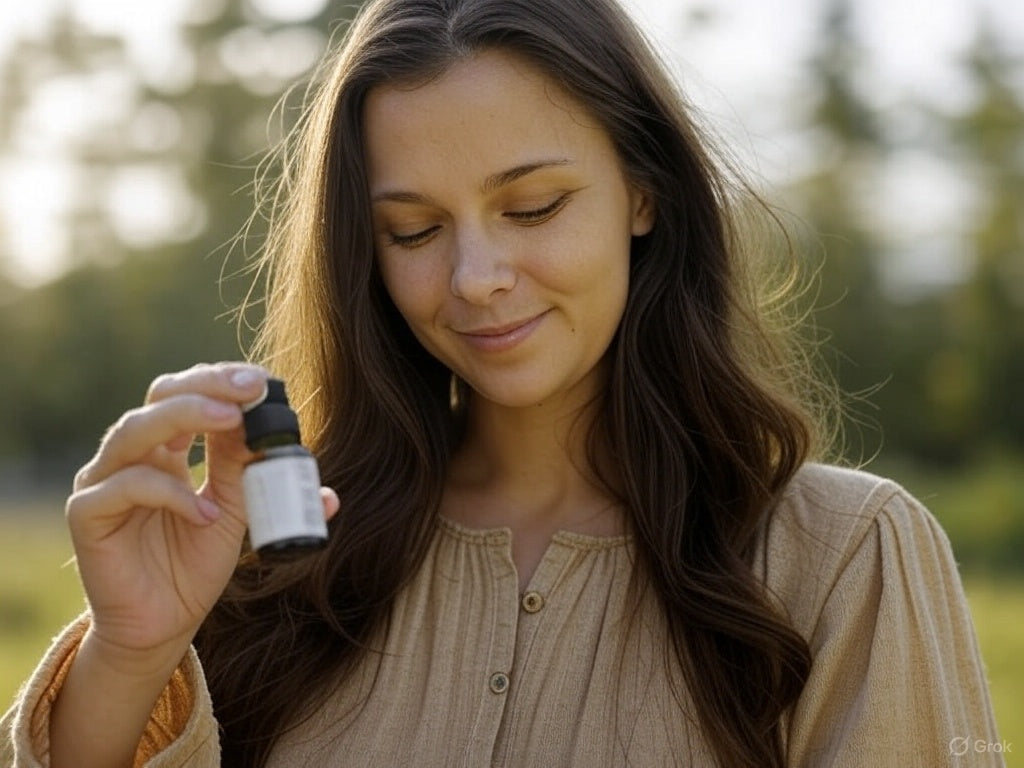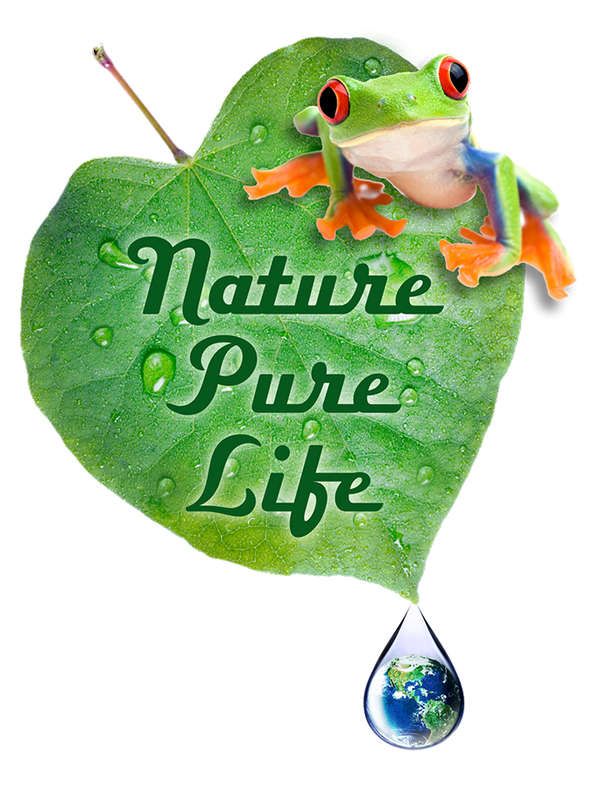
CBD Basics: What Is CBD and Will It Help With What I Need?
Share
CBD Basics: What Is CBD and Will It Help With What I Need?
How CBD Works and Its Potential Uses

CBD, short for cannabidiol, comes from the hemp plant. Hemp is related to marijuana but doesn’t have the stuff that gets you “high.”
CBD interacts with your body’s endocannabinoid system. This system helps manage pain, mood, sleep, and a bunch of other things you might not even think about day to day.
Endocannabinoid receptors aren’t just in your brain. You’ll find them in your spinal cord, lungs, liver, and kidneys too.
When you use CBD, it connects with these receptors throughout your body.
Main Reasons People Use CBD
People try CBD for a lot of reasons. The most common ones are:
- Pain management
- Reducing inflammation
- Anxiety relief
- Improving sleep quality
- Helping with certain types of seizures
| Reason for Using CBD | Type of Relief |
|---|---|
| Pain | Joint pain, nerve pain, chronic pain |
| Inflammation | Arthritis, swelling, sore muscles |
| Anxiety | Everyday stress, social anxiety, panic attacks |
| Sleep | Difficulty falling or staying asleep |
| Seizures | Some types of epilepsy |
| Pet Health | Anxiety, pain, inflammation in dogs and other pets |
Real-Life Examples
Some people say CBD helps with “phantom” pain that sticks around after surgery or injury, even if nothing’s obviously wrong. There are stories about folks moving away from prescription painkillers after starting CBD.
Pet owners also use CBD. Some have seen their dogs move easier or chill out during thunderstorms, especially older pups with joint issues. Dogs don’t really get the placebo effect, so there’s probably something to it.
What the Science Says
Research on CBD keeps growing. Some studies show CBD may help with:
- Arthritis pain and inflammation
- Anxiety and panic disorders
- PTSD symptoms
- Sleep troubles, especially when linked to anxiety
Some research suggests CBD can help reduce anxiety by working on certain brain chemicals. Other studies hint it might make traumatic memories less upsetting.
Scientists are also looking at CBD for pain or nausea from cancer treatments, and possibly for diabetes by changing how the body handles sugar. But honestly, there’s still a lot we don’t know yet.
If you want to dig deeper, check out this article on CBD's potential health benefits and risks.
Different Forms of CBD
CBD comes in a few main types. Here are the three you’ll see most often:
-
Full spectrum
- Comes straight from hemp
- Has a tiny bit of THC (less than 0.3%), not enough to get you high
- Might show up on a drug test
-
Broad spectrum
- Contains all the helpful plant stuff except THC
- Usually safe for drug tests, unless the test is specifically looking for CBD
-
Isolate
- Just pure CBD, nothing else from the plant
- May work differently since it’s missing those extra plant compounds
Product Forms:
-
Oils/tinctures: These are liquids you take by mouth. They work slowly, so you’ll probably feel them in about 90 minutes. People often use them for ongoing issues by taking them morning and night.
-
Gummies: These chewy, sweet treats kick in faster—about 20 minutes. They’re handy for “in the moment” stuff, like before a stressful event, a workout, or travel. The effects last a few hours.
-
Capsules: Easy to swallow, easy to measure. Always check if they’re full spectrum, broad spectrum, or isolate so you know what you’re actually getting.
| Type | Contains THC? | Extra Plant Chemicals? | Use Case | Drug Test? |
|---|---|---|---|---|
| Full Spectrum | Yes (Trace) | Yes | Chronic/complex | Might fail |
| Broad Spectrum | No | Yes | Most situations | Safe (usually) |
| Isolate | No | No | Sensitive users | Safe |
What About the Taste?
Early CBD products tasted kind of awful—think grass or dirty socks. Luckily, you can now find better-tasting or even flavorless options. The important thing is choosing something you’ll actually use.
Terpenes and Their Role
Terpenes are natural chemicals that give plants their smells and flavors. They also help make each CBD type a little different. Some blends might help you relax, others could boost your energy or focus.
Products with a mix of terpenes may work better than plain CBD isolate. It’s worth experimenting a bit to see what feels right for you.
Buying Tips and Safety Notes
CBD quality depends a lot on where and how the hemp is grown. Most hemp comes from China, but farming rules there might not protect you from pesticides or mold. If you want a safer bet, look for CBD made from American-grown hemp.
Labels can be sneaky. If a label says, “no THC,” it could still have just under 0.3%. Always double-check details and ask for lab results if you’re not sure.
Quick tips when buying CBD:
- Pick American-grown hemp if you can
- Read ingredient labels closely
- Check if it’s full spectrum, broad spectrum, or isolate
- Look for third-party lab testing
How Fast Does CBD Work?
How quickly you feel CBD depends on the form you use.
- Oil/Tincture: About 1–1.5 hours
- Gummies: Around 20 minutes
- Capsules: Usually about 1 hour
If you need fast relief for anxiety or sudden pain, gummies might be your best bet. Oils and capsules are better for steady, longer-lasting support.
Is CBD for You?
CBD isn’t a miracle fix. It won’t solve everything, and you shouldn’t use it instead of real medical care. Still, a lot of people say it helps with pain, anxiety, and sleep issues.
Studies back up CBD’s use for certain seizures, and plenty of folks use it for arthritis or sore muscles. If you’re thinking about it for your pet, talk to your vet first.
Common Myths About CBD
-
“CBD cures cancer.”
There’s no solid proof that CBD cures cancer. Research is ongoing, but nothing is certain yet. -
“CBD works for everyone the same way.”
How CBD works for you depends on your body, your issue, and the product you pick. -
“It doesn't matter where I buy CBD.”
Quality varies a lot. It’s best to buy from trusted sellers who test their stuff for safety.
How to Start with CBD
Want to give CBD a try? Here’s a simple way to start:
- Decide what you want to use it for—pain, stress, sleep, whatever.
- Pick a type (oil, gummies, capsules) and spectrum (full, broad, or isolate).
- Start with a low dose and see how you feel after a few days.
- Keep track of how your symptoms change.
- Check with your doctor, especially if you’re on other meds.
Summary Table
| Question | Answer |
|---|---|
| Will CBD get you high? | No |
| Is CBD legal? | Legal in most US states; check your state laws |
| Can it show on a drug test? | Full spectrum sometimes; broad and isolate usually not |
| Can CBD help pets? | Yes, for some problems like pain and stress |
| Does it treat anxiety? | Evidence shows it may help some people |
| Does it replace medicine? | No; talk to your doctor before making changes |
| How do I know what’s in it? | Check for lab reports and clear labels |
CBD’s gotten a lot more popular since laws changed and research opened up. Now you’ll find all kinds of CBD products for different needs. If you’re curious, check out some beginner’s guides to CBD and product tips to get started. Always do your homework before you buy to make sure it’s safe and right for you.
Frequently Asked Questions

Can CBD Make You Feel "High"?
CBD won’t make you feel “high.” It’s totally different from THC, the part of cannabis that gives you that mind-altering effect. CBD doesn’t have those psychoactive properties, so you can use it and stay clear-headed. You can find more info on sites like CBD Explained: Everything Beginners Need to Know.
What Health and Wellness Benefits Does CBD Offer?
CBD research is still in its early days, but some folks say it helps with stress and mild aches. Others mention it’s useful for sleep issues too.
Plenty of companies and users talk about how it supports a sense of calm and general well-being. But honestly, everyone’s experience is a bit different, and we still need more scientific studies to know for sure. If you’re curious about more benefits, you can check out CBD uses and benefits.
What Is a Good Way to Start Using CBD Products?
If you’re new to CBD, it’s smart to start with a small dose. Choose something from a brand you trust, and actually read the label first.
Oils or soft gels are usually simple to measure, so they’re a good place to begin. Also, if you take medications or just want peace of mind, have a quick chat with your healthcare provider before you dive in.
Are There Risks or Side Effects From Using CBD Every Day?
Most people handle CBD just fine, but a few notice side effects like tiredness or dry mouth. Sometimes, appetite changes too.
If you’re on other meds or have health concerns, definitely talk to your doctor first. Pay attention to how you feel and stop using CBD if anything seems off.
What Effects Might I Notice After My First Time Using CBD?
Don’t expect strong effects the first time you try CBD. Some people feel a little more relaxed or calm, but others don’t notice much at all.
It’s pretty normal for CBD to take a few days of regular use before you spot any clear changes.
How Do CBD Oil and CBD Gummies Differ in Their Effects?
CBD oil usually kicks in a bit faster because you take it under your tongue, so it heads straight into your bloodstream. CBD gummies take longer since your body has to digest them first.
Here’s a quick look at how they compare:
| Product | Onset Time | How It's Taken | Taste |
|---|---|---|---|
| CBD Oil | 15-45 minutes | Under the tongue | Earthy, herbal |
| CBD Gummies | 30-90 minutes | Eaten like candy | Fruity or sweet |
What’s the Difference Between Broad Spectrum and Full Spectrum CBD?
- Full Spectrum CBD has all the plant’s natural compounds. That includes trace amounts of THC, usually less than 0.3%.
- Broad Spectrum CBD keeps many of the same compounds. However, it goes through extra steps to remove THC.
Your choice really depends on how you feel about THC or how sensitive you are to it. Some folks go for broad spectrum just to avoid THC completely. Others stick with full spectrum, hoping for the "entourage effect" from all those plant compounds working together.

